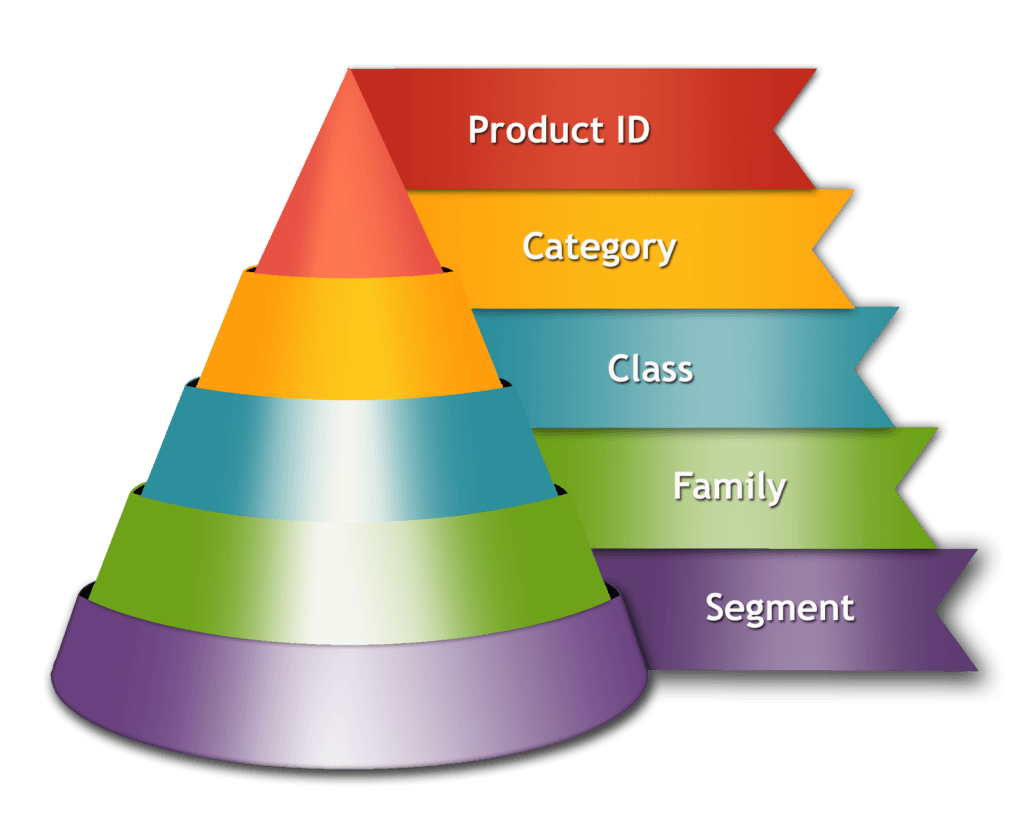The present era businesses manage huge volumes of data, with the amount of data maintained, controlled, or utilized by any organizations increasing exponentially in a very short time. Enterprises strive to match the pace of business to the market demands, while continuously leaving no stone unturned to thoroughly manage and preserve their data, further, presenting it more readily available without risking the security.
The lightning speed at which enterprise data is increasing, data classification simply must occur at that pace. Iavenir’s data classification tool, iClass provides a solution to these difficulties and is the underlying element of your entire data security strategy. iClass automatically detects, classifies, and follows sensitive data from the time it is generated, transformed, or forwarded.


